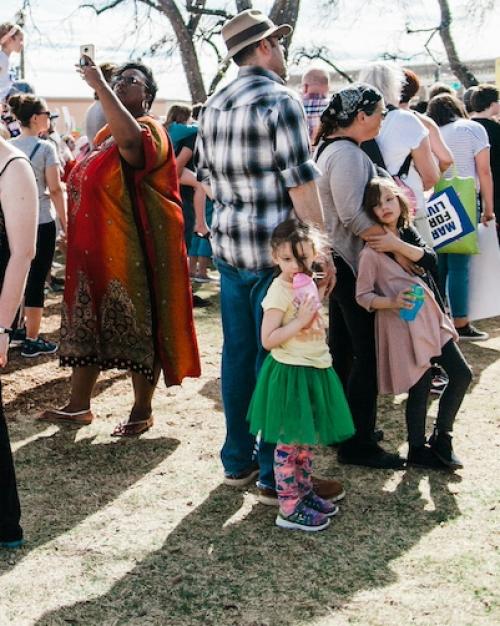Even with Vice President Harris downplaying gender and identity politics, a female candidate has failed to win the U.S. presidential election for the second time in eight years. A Cornell University expert on misogyny and gender inequality shares how sexism may have shaped this election.
Kate Manne, a professor of philosophy and the author of “Down Girl: The Logic of Misogyny,” which explores the social dynamics of misogyny in seemingly post-patriarchal contexts of the U.S., the UK, and Australia, says that the results aren’t due to a simple dislike or distrust of women, but a reflection of America’s violent indifference to women.
Manne says: “A lot will be said about whether this decision was about misogyny or about the economy. But this is a false contrast. Whatever the proportion of people who didn’t vote for Kamala Harris simply because she is a woman, this is a narrow and, frankly, antiquated conception of misogyny that I’ve been arguing against for a decade.
“Misogyny isn’t about hating or discriminating against women because they are women, and thus attract suspicion and consternation. Misogyny is about exposing women to harm because our gender makes us beneath full consideration. Misogyny is primarily something we face, not something people feel in their hearts. A world where you can’t get a routine D&C after six weeks or obtain care for an ectopic pregnancy or have to carry a fetus to term as a raped ten-year-old girl could hardly be one that is more hostile and hateful to women, girls, and indeed anyone who can get pregnant.”
For interviews contact Ellen Leventry, cell (607) 288-3784, eel2@cornell.edu.




